I wanted to do a little write-up of the episode I published this week on my podcast with Khe Hy.
Khe has been a model for me on my path. I stumbled upon his existence at a conference in 2017. He was involved with Quartz, where he interviewed someone (I don’t remember who) on stage in front of the attendees. I became curious about how this guy got in that role and it led me down a rabbit hole of discovering his website RadReads and newsletter of the same name.
I started replying to his newsletter and over time we developed a modern internet friendship. Except, it was incredibly one-sided. He introduced me to friends, helped me land consulting gigs, and interviewed people on his podcast like Andrew Taggart that sent me down a rabbit hole that eventually led to my book.
Khe was proof that a different way of showing up in the world was possible. When I wrote about turning down a book deal a few weeks ago, I reflected on how much the transactional nature of the corporate world drained me. When I quit my job I wanted to play non-zero-sum games and be more generous than I naturally was inclined to be while working all the time.
All he really had to do was keep going and for eight years he’s done exactly that. He’s someone that has played the solopreneur game with integrity and has looked for ways to remix the standard way of doing things. When he scaled up a team over the past couple of years he instituted a 30-hour full-time workweek, gave his team benefits, and let people work asynchronously without meetings. I’m probably a bit too timid to scale up a team bigger than myself but am glad he showed that different ways are possible.
I’m going to stop there and jump over to four (of many) reflections I had from our interview, which was a great conversation about the last eight years, vulnerable reflections from each of us about how we’ve learned from each other, how he handled having to scale back his ambitions and lay people off, my aggressive plea for him to write a book, and reflections on our unique relationships with money.
👉 LISTEN: APPLE | GOOGLE | SPOTIFY
#1 Khe had a lot of success with his course “Supercharge Your Productivity” which was not really about productivity - it was about finding work that matters. But demand fell off a cliff in 2022.
I know a number of friends running courses and pretty much everyone has seen a decline in interest. This seems obvious now. In 2020 everyone had excess time AND excess money. It was a ripe time for courses.
I’m still bullish on online education over the long term but it’s clear that demand has entered a recession. As Khe said, “It dropped in January 2022 and then it fell off a cliff at the beginning of 2023.” Here’s the chart from his reflection:
He was still making money but given declining revenue, it’s hard to offer a clear path for a team and he had to make a tough decision…
#2 He decided to scale back his team
He found this particularly devastating because “I had to let go of three people a few weeks after I offered them full-time employee benefits.”
He felt like he let down his team
The hardest thing was that I felt like I had not upheld my part of the deal because a lot of people were like look I could go make a lot more money, have way more benefits and all that but I'm making a bet on you. I felt very disappointed and I felt like I let them down…I didn't uphold my end of that bargain.
#3 During This Period He Sensed He Was Getting Off Track From What Mattered
It was interesting to watch Khe scale up a team and build a bigger business around his course over the past couple of years. In my mind, he was the last person to build something beyond himself. It sort of broke my conception of his path as I saw him get more interested in copywriting and marketing.
I shared this with him during our conversation but he said he had been noticing that things were feeling off too.
One red flag for him was that “I used to stop working at about 5 15 P.,M” and have dinner with his kids. But during the growth phases, he’d eat until 6 and then head back to his desk to do more work.
Second, he underestimated how much creative energy was being soaked up by optimizing marketing messages:
I'm a pretty good marketer…it would have been better if I sucked at marketing because when you're good at marketing you're like well like I don't want to do this thing but I’m good at it, it adds value.
But now that I'm freed from the burdens of marketing I'm like I hate marketing. I would much rather write you a 3,000-word well written well thought-out long-form blog post that could be a chapter of a book than a 3,000-word sales page where you need to identify the pain point in paragraph seven and make sure your H2s are less than 80 characters. I didn’t realize like fish in the water how draining that was
Finally, he said he also underestimated the “complexity tax” of the growing number of people on the team. “there was a promise that as you grow a team you can stop doing the things that you don't want to do.”
His mistake was that he, “mistakenly assumed that organizational complexity scales linearly.”:
And while we had a kind and talented group of colleagues (and ex-colleagues), the permutations on preferences, styles, ambitions, incentives and roles ultimately consumed a lot of my mental energy as a CEO, taking me away from my responsibilities – particularly in product marketing and positioning.
#4 On Feeling Creatively Energized Again
I sense that a self-employed / solopreneur journey is all about continuing to recommit to what matters to you.
This is why it was great to hear that Khe is feeling more creatively alive after scaling back his course:
The last month, I feel so creatively alive and inspired.
I've been like cranking out 3,000 word blog posts in a week.
I didn't write a 3000 word blog post in in three years.
I definitely feel the energy I was like yeah okay Khe’s back
Love this.
If you listen to the full episode of the podcast, you’ll find me aggressively gently encouraging Khe to write his own book.
I hope he does.
But in the meantime, he has this free short book called The Money Playbook which will help you
Identify what’s “enough”
Avoid lifestyle creep
Value the utility of the “next” dollar
Why you should “Die with Zero”
And much much more…


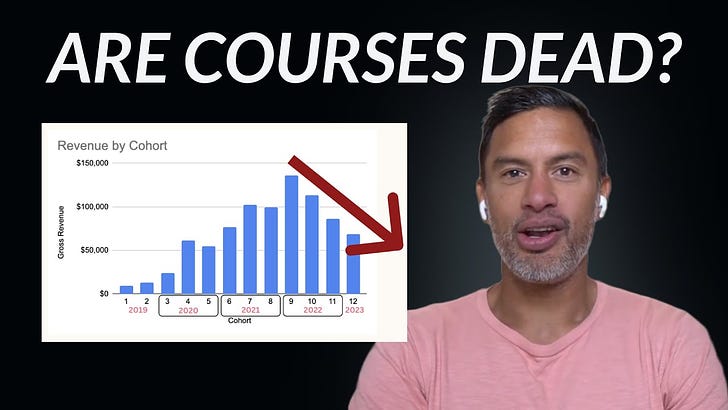


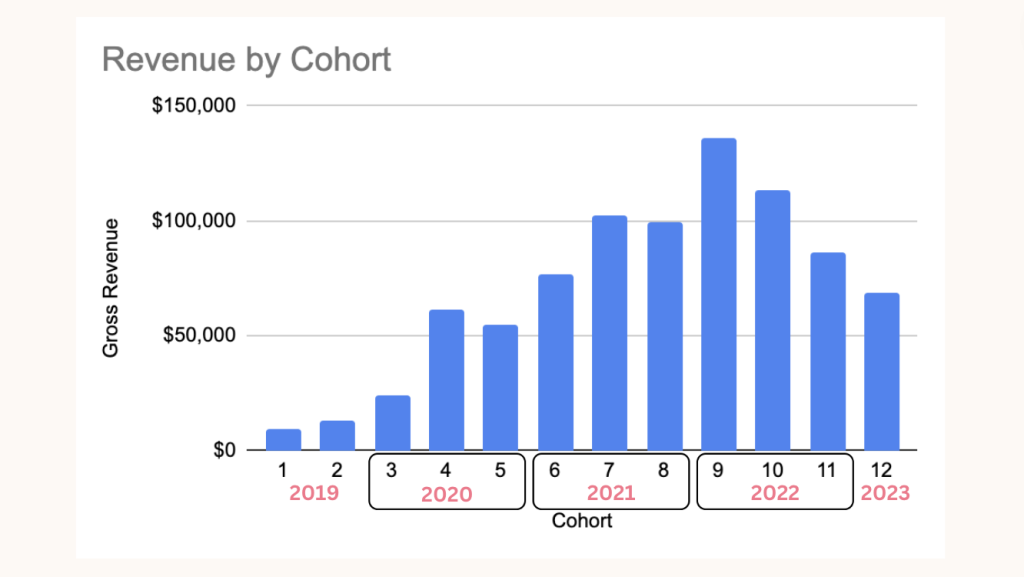





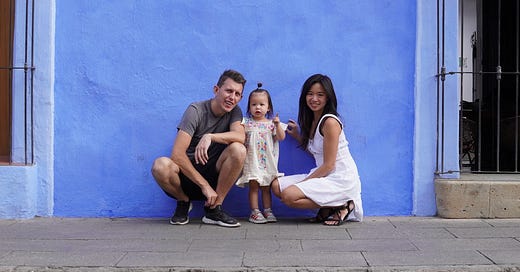

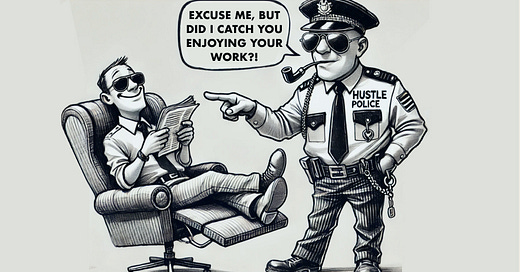

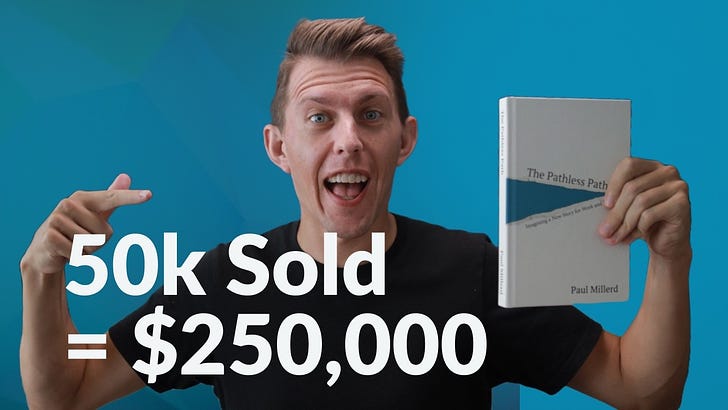
Beware of getting carried away with a feature and thinking it's a business.
Your podcast version of this email - all the links, are not links - just 'dead' text... ... you might need to edit some stuff.